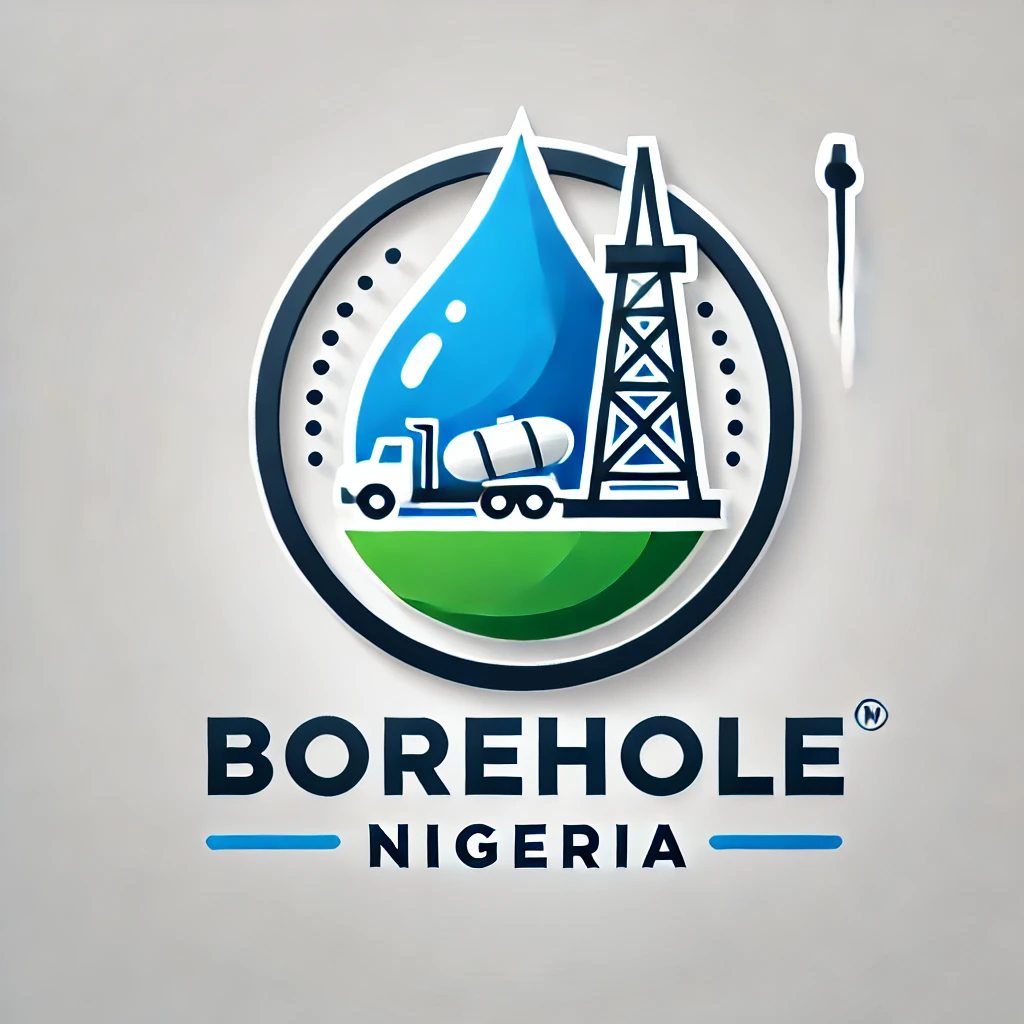Drilling a well in Arizona involves several factors that can affect the overall cost. The expenses for drilling a well typically depend on the location, depth, type of soil, well size, and specific needs for water yield and quality. Here’s a comprehensive breakdown of the costs associated with drilling a well in Arizona:
1. Initial Consultation and Permits
- Consultation Fees: Before drilling, you may need to consult with a professional geologist or well-drilling contractor to assess the site. This consultation can range from $100 to $500 depending on the company and the depth of the assessment.
- Permits: Obtaining the necessary permits from local and state authorities is mandatory. Permit costs in Arizona typically range from $200 to $500. The Arizona Department of Water Resources (ADWR) regulates well drilling and ensures compliance with water laws and usage rights.
2. Cost Per Foot of Drilling
- The cost of drilling a well is often quoted on a per-foot basis. In Arizona, drilling costs range from $30 to $65 per foot, depending on the type of soil, rock formations, and the difficulty of drilling. For example:
- Soft soil or sandy areas might cost on the lower end.
- Rocky terrain or areas with hard bedrock might be on the higher end.
3. Depth of the Well
- The depth required for a well can vary significantly depending on the location within Arizona. Some areas have water at shallower depths, while others may require deeper wells to access reliable water sources. Here are some depth-related cost estimates:
- Shallow wells (100 to 200 feet): Costs can range from $3,000 to $10,000.
- Moderate depth wells (200 to 500 feet): Prices can range from $6,000 to $32,500.
- Deep wells (over 500 feet): The costs can go up to $65,000 or more, especially in challenging terrains.
4. Well Casing and Sealing
- Proper casing and sealing are crucial for maintaining the integrity of the well and preventing contamination. The cost of casing materials (PVC or steel) and sealing ranges from $10 to $40 per foot. The total cost depends on the well depth and the quality of casing material chosen.
5. Pump and Installation Costs
- Once the well is drilled, a pump system needs to be installed to bring water to the surface. The type of pump system (submersible or jet pumps) and the required horsepower will affect the cost. Installation of a standard submersible pump, along with necessary plumbing and electrical connections, can range from $1,500 to $5,000. High-capacity or deep-well pumps can cost even more.
6. Water Testing and Treatment
- Water quality in Arizona can vary, so water testing is essential to ensure it is safe for consumption. Testing for bacteria, minerals, and chemicals can cost between $100 to $500. If water treatment systems are needed (like reverse osmosis, UV filters, or water softeners), the cost can range from $1,000 to $5,000 or more.
7. Additional Costs
- Gravel Pack and Well Development: Depending on the geology, gravel packing may be required to stabilize the well and filter sediments. This can add $500 to $1,500 to the overall cost.
- Storage Tank and Piping: For wells in remote areas or with variable water supply, adding a storage tank (1,000 to 5,000 gallons) can cost between $1,000 to $5,000. Piping to connect the well to your home or irrigation system can add another $500 to $3,000.
8. Total Estimated Cost
- Given all the variables, the total cost to drill a well in Arizona can range from $10,000 to $50,000 or more. It is highly recommended to get a detailed quote from licensed well-drilling contractors in Arizona to understand the exact cost based on your specific location and needs.
9. Maintenance Costs
- Regular maintenance is essential to ensure the longevity and efficiency of the well. Maintenance costs can include annual inspections, water quality testing, and possible repairs to the pump system. Expect to budget around $200 to $1,000 annually for routine maintenance and repairs.
10. Choosing the Right Contractor
- When considering drilling a well in Arizona, it is crucial to choose a licensed and experienced contractor who understands the local geology and regulations. Look for contractors who provide a comprehensive service package, including permits, drilling, casing, pump installation, and water testing.
Conclusion
Drilling a well in Arizona can be a significant investment, but it is a reliable solution for accessing clean water in areas with limited municipal supply. The costs vary widely depending on site-specific conditions and desired water quality and quantity. For an accurate estimate, it’s best to contact local professionals who can assess your property and provide a tailored quote based on your requirements.
